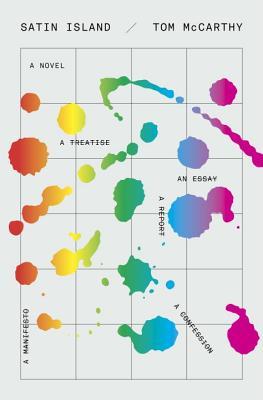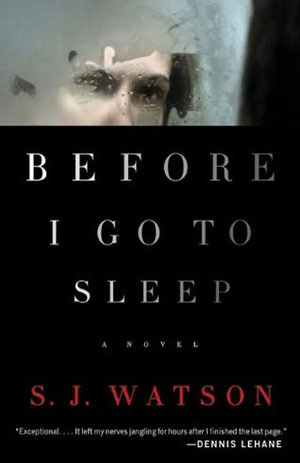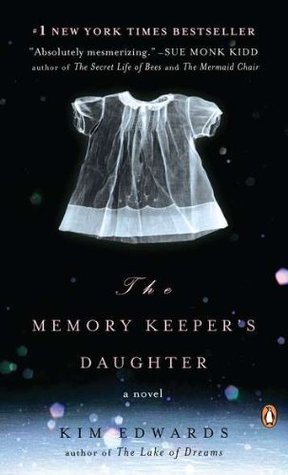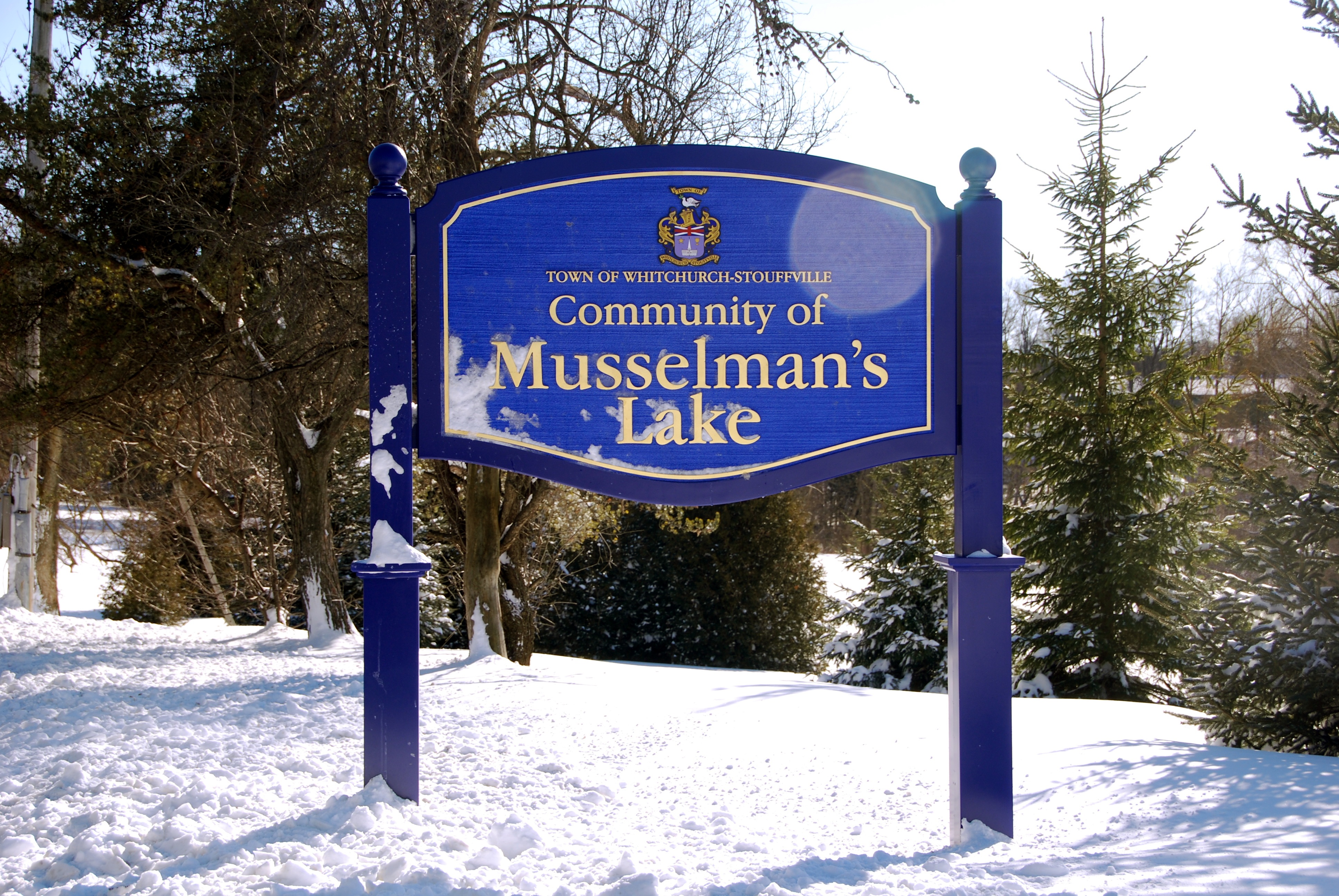It would be hard to talk about Satin Island without referring to a bunch of its influences (and even in the acknowledgments, author Tom McCarthy states that it “contains hundreds of borrowings, echoes, remixes and straight repetitions” and invites the “critical reader” to “entertain him- or herself tracking them down”), but I don't think I would personally find that entertaining. After finishing this (happily brief) postmodernist work I was left with the question: Considering that James Joyce was groundbreaking a hundred years ago, do we need another Joyce today? Are (post)modern readers hungering for Ulysses-lite? This is the first title I've read from the 2015 Man Booker Prize longlist, and as I noted last year, the jury for my erstwhile most favourite literary prize seems to have developed a preference for those books that solely impress their own lofty establishment, and if Satin Island is typical of the list, it feels disdainful of me, your average reader.
As Satin Island opens, our narrator (“Call me U.” – so Melville! So Kafka!) is stuck at the Turin airport (not Turin, you fool, the airport is in Torino-Caselle as I've told you repeatedly), and he spends his hours surfing the internet and watching the multiple television screens in the lounge, and as he becomes fascinated by the recurring images of an oil spill, a Middle East market bombing, a football match, and the death of a parachutist that dominate the news cycle, his mind tries to find connections between these disparate events. Because that's what he does: U is an Anthropologist who works for the Company – extrapolating market trends from generic incidents – who is tasked with writing the Great Report (a synthesis of all of his discoveries that will perfectly encapsulate our times). Because U's mind is always seeking these connections, we spend most of the book inside his head, following his theories wherever they may lead.
In his life back in London, U works in a subterranean office beside the building's noisy and elephantine HVAC system and is instrumental in launching a secret supranational Project that will change the lives of everyone on the planet, without anyone even noticing. His only friend is dying of cancer (which spreads darkly beneath his skin like an oil spill), he has a casual sexual relationship with a woman (who is evasive about the time that she was also once stuck at the Torino-Caselle airport), and his dreams seem more real to him than does his waking life.
Just as Turin's airport (wherever it may be located) is considered a hub instead of a proper destination, U discovers that we spend our lives living in such an in-between place: our minds like a buffering screen on a computer that prevents our consciousness from overtaking our experiences. When he is sent to NYC for a conference and has an opportunity to visit Staten Island (a dreamland corruption of which provides the title and makes U think that he's on the brink of discovery), he demurs, concluding:
To go to Staten Island – actually go there – would have been profoundly meaningless...Not to go there was, of course, profoundly meaningless as well. And so I found myself, as I waded back through the relentless stream of people, struggling just to stay in the same place, suspended between two types of meaninglessness. Did I choose the right one? I don't know.And there, dear readers, is the answer; the Big Project; the Great Report; the answer to life, the universe, and everything.
Self-referential and Easter Egg rich, Satin Island is obviously clever, even for the non-critical reader. Themes echo and re-echo – twins and negatives and mirrors – and I could almost believe that U was an actual anthropologist based on his references to academic studies and literature. I enjoyed his philosophical puzzle of a murdered skydiver: If one could say that the diver was murdered at the moment his parachute's cords were severed, was he already, technically dead for the days or weeks that followed until he made his fateful jump? Or, conversely, when U's friend Petr eventually succumbed to his cancer and his wife texted the fact to all of the contacts in Petr's phone, did Petr therefore achieve a type of immortality, communicating as he was from beyond the veil? But then, not to get too bogged down in boring old philosophy, U purposefully misuses the trope of Schrodinger's Cat and another character references Nietzsche, but then can't decide if the story was actually about him or Kierkegaard or Schopenhauer...or whoever.
Satin Island isn't a hard book to read, but I have no doubt that much of it went over my head, where it will need to remain. I was obviously not the ideal audience for this book, and to be fair, I'm not a particular fan of David Foster Wallace or Don DeLillo; universally acclaimed authors that I've seen mentioned in the same breath as Tom McCarthy. As McCarthy is also known as an artiste-provocateur, perhaps it would be more fitting to say that he's writing for the antiestablishment elite, but that's not me either.
The ventilation system. This deserves a book all of its own. The air-handling unit was housed in the basement with me -- a series of grey boxes joined to one another like parts of a mechanical elephant, a sheet metal supply-duct curling upwards from the front box forming its raised trunk. The coils, blowers, dampers, filters and so on that made up the boxes' entrails transmitted a constant hum and rattle that permeated the whole floor, mutating in pitch and frequency as the sound negotiated corners, bounced off walls, was sponged up and squeezed out again by carpets. Before it left the basement, the duct forked, then branched out further, the new branch-ducts leading to diffusers, grilles and registers that, in turn, fed air onwards to other floors, before return-ducts carried it back down again, along a central plenum, to the rectum of the elephant, to be re-filtered, re-damped, re-coiled, then trumpeted back out into the building once again. Sometimes, when someone on a higher floor spoke loudly while they happened to be standing next to a return-vent, their words carried to the space in which I found myself, like the voice of a ship's captain sending orders through a speaking tube down to the engine rooms -- orders, though, whose content became scrambled, lost in delivery. Other, vaguer voices hovered in the general noise -- or if not voices, at least patterns, with their ridges and their troughs, their repetition frequencies, their cadences and codas. Sometimes these patterns took on visual forms, like those that so enchanted eighteenth-century scientists when they scattered salt on Chladni plates and, exposing these to various acoustic stimuli, observed the intricate designs that ensued -- geometric and symmetrical and so generally perfect that they seemed to betray a universal structure lurking beneath nature's surface, only now beginning to seep through; and I, too, in my basement, sometimes thought I saw, moving in ripples on the surface of a long-cold coffee cup or in the close-up choreography of dust-flecks jumping on an unwiped tabletop, or even on the fleshy insides of my own drooped eyelids, the plan, formula, solution -- not only to the problem with which I was currently grappling, but to it all, the whole caboodle -- before, waking with a jolt, I watched it all evaporate, like salt in a quiet breeze.
Man Booker Longlist 2015:
Bill Clegg - Did You Ever Have a Family
Anne Enright - The Green Road
Marlon James - A Brief History of Seven Killings
Laila Lalami - The Moor's Account
Tom McCarthy - Satin Island
Chigozie Obioma - The Fishermen
Andrew O’Hagan - The Illuminations
Marilynne Robinso - Lila
Anuradha Roy - Sleeping on Jupiter
Sunjeev Sahota - The Year of the Runaways
Anna Smaill - The Chimes
Anne Tyler - A Spool of Blue Thread
Hanya Yanagihara - A Little Life
I was really pleased that A Brief History of Seven Killings took the prize; even more pleased that it didn't go to A Little Life as seemed inevitable.










